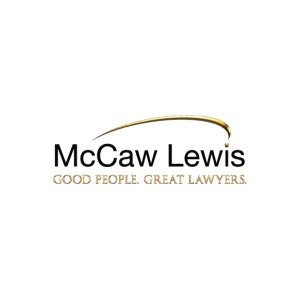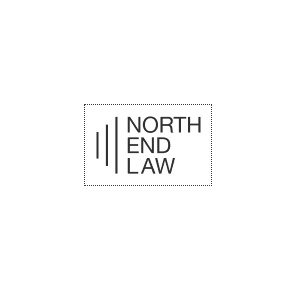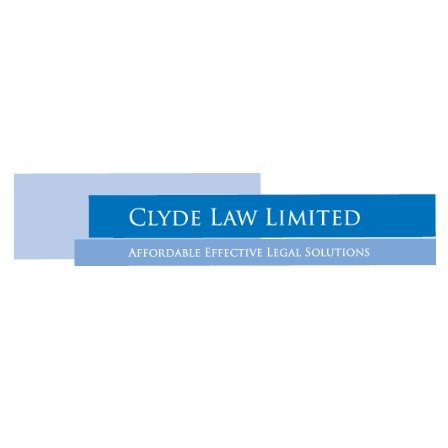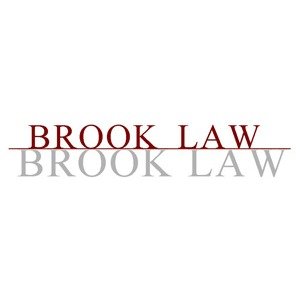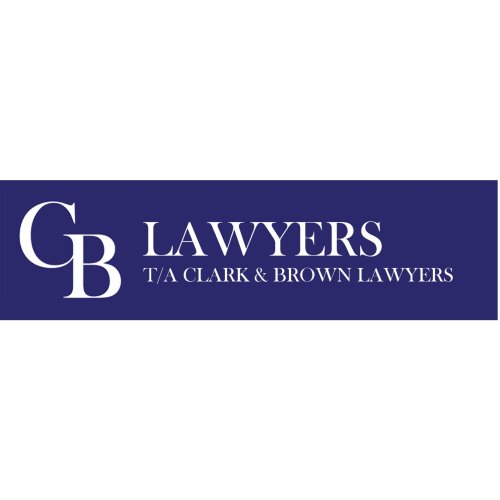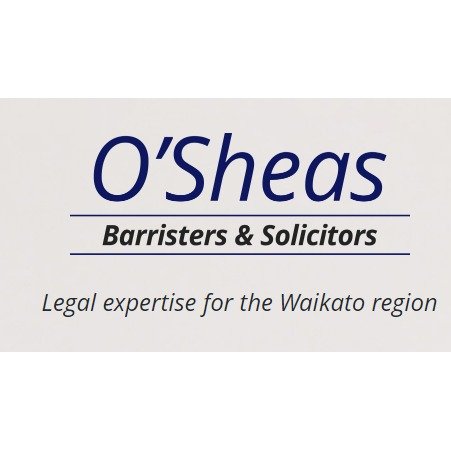Best Foreclosure Lawyers in Hamilton
Share your needs with us, get contacted by law firms.
Free. Takes 2 min.
Free Guide to Hiring a Real Estate Lawyer
List of the best lawyers in Hamilton, New Zealand
About Foreclosure Law in Hamilton, New Zealand
Foreclosure law in Hamilton, New Zealand is a process that allows lenders to recover the amount owed on a defaulted loan by selling or taking ownership (repossession) of the property securing the loan. The foreclosure process in New Zealand is structured and monitored under the Property Law Act of 2007. This law presents the lenders with multiple options for proceedings, if and when a borrower fails to fulfill their mortgage obligations.
Why You May Need a Lawyer
In such situations, legal help is often necessary. Clear understanding of the foreclosure process, the inherent rights of the borrower, and the legal responsibilities of the lender can be a complex matter. A lawyer experienced with foreclosure laws can guide you about your legal rights, options to avoid foreclosure such as loan modification, refinancing, or short sale. They can also represent you in court, if needed, to prevent unjust actions by the lender.
Local Laws Overview
In Hamilton, the foreclosure process usually starts after the borrower has missed several mortgage payments. The lender then serves the borrower a 'notice of default', thus beginning the official foreclosure process. The Property Law Act also outlines the rights that borrowers have in a foreclosure proceeding, which includes the right to reinstate the loan by bringing it current, the right to defend against the lender's lawsuit in court and the right to receive notification of all steps taken during the foreclosure process.
Frequently Asked Questions
What happens when a property is foreclosed?
When a property is foreclosed, it is usually sold at auction and the proceeds are used to pay off the balance of the loan. If there are any remaining funds, they are returned to the borrower. If the sale does not cover the full amount, the lender may pursue a deficiency judgment against the borrower for the difference.
Can foreclosure be stopped?
Yes, foreclosure can be stopped. Options may include loan modification, refinancing, or selling the property via a short sale. But you would need legal assistance to ensure the best possible outcome in your situation.
What's the timeline for a foreclosure process?
The timeline for a foreclosure process varies by case and can take up to several months or even years. It depends on various factors including how quickly the lender moves forward with the foreclosure and the court's schedule.
Do I have to move out immediately after foreclosure?
No, you won't be required to immediately vacate the property. There is a legal process that must first be followed, which often includes a notice period.
What are the long-term impacts of foreclosure on my credit score?
A foreclosure can significantly lower your credit score and could remain on your credit report for seven years.
Additional Resources
Your local authority, Hamilton City Council's housing department, will have resources available about foreclosure and your rights. Also, community law centres and Citizen Advice Bureau can provide initial advice related to foreclosure. Look to the New Zealand Legislation website for more specific information regarding the Property Law Act of 2007.
Next Steps
If you are facing a potential foreclosure, the first step should be to contact a lawyer experienced in New Zealand foreclosure law. They can guide you through the various options available to avoid foreclosure, or at the very least, help you understand the process and protect your rights. Set up meetings with multiple lawyers to find the best fit for your situation.
Lawzana helps you find the best lawyers and law firms in Hamilton through a curated and pre-screened list of qualified legal professionals. Our platform offers rankings and detailed profiles of attorneys and law firms, allowing you to compare based on practice areas, including Foreclosure, experience, and client feedback.
Each profile includes a description of the firm's areas of practice, client reviews, team members and partners, year of establishment, spoken languages, office locations, contact information, social media presence, and any published articles or resources. Most firms on our platform speak English and are experienced in both local and international legal matters.
Get a quote from top-rated law firms in Hamilton, New Zealand — quickly, securely, and without unnecessary hassle.
Disclaimer:
The information provided on this page is for general informational purposes only and does not constitute legal advice. While we strive to ensure the accuracy and relevance of the content, legal information may change over time, and interpretations of the law can vary. You should always consult with a qualified legal professional for advice specific to your situation.
We disclaim all liability for actions taken or not taken based on the content of this page. If you believe any information is incorrect or outdated, please contact us, and we will review and update it where appropriate.



